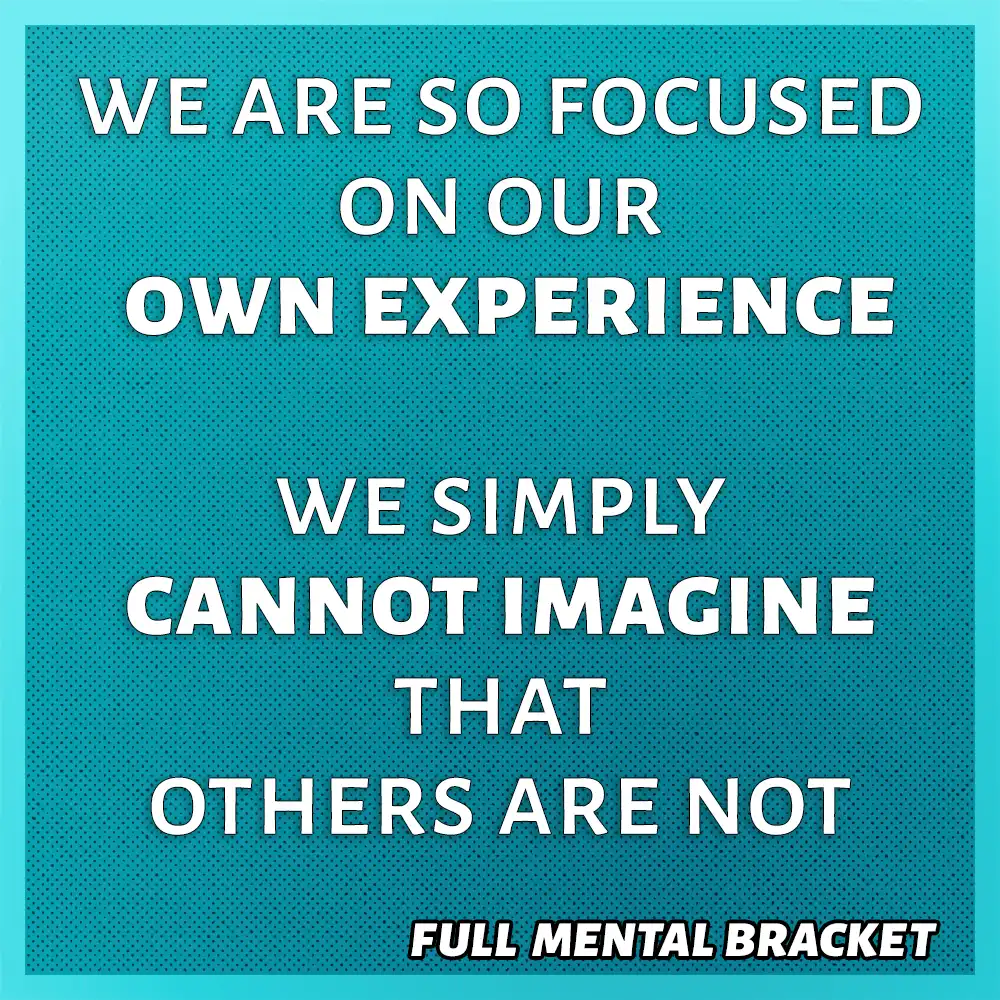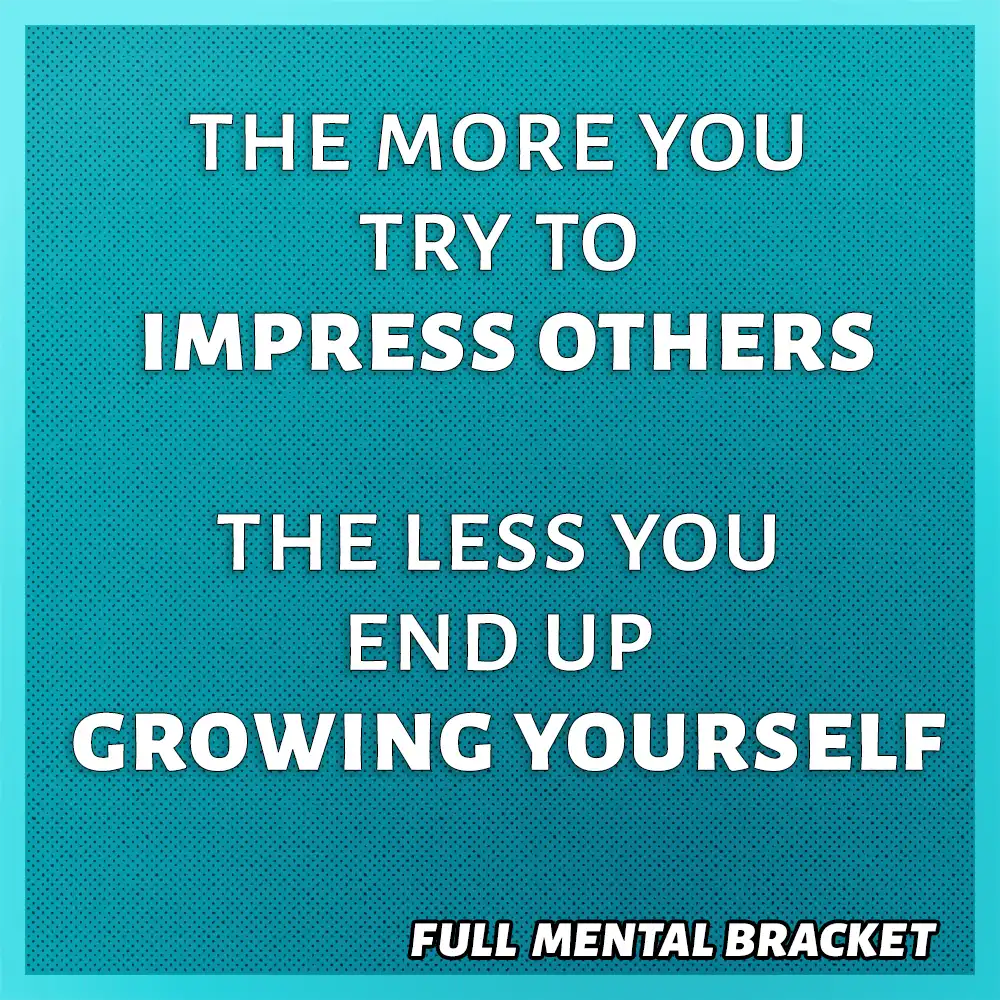/
How to Overcome the Spotlight Effect: Key Insights and Confidence-Building Strategies

What Is the Spotlight Effect and Why Does It Matter?
The spotlight effect is a psychological phenomenon where we overestimate how much others notice or judge us. It stems from egocentric bias—our natural tendency to view the world from our own perspective. As a result, we may feel excessively self-conscious, particularly in social or performance settings.
Understanding and addressing this distortion can reduce anxiety, help us take more risks, and improve how we show up in everyday life.
Top Takeaways: Understanding the Spotlight Effect and Its Impact
Understanding the spotlight effect starts with recognizing the mental patterns behind it. Below are the core insights that explain why we feel overly observed and how those thoughts distort our perception of reality.
Understanding the Spotlight Effect

We often assume people are paying more attention to us than they actually are. This inflated self-focus can worsen social anxiety or just hold us back from trying new things.
Egocentric Bias Distorts Reality
Our brains are wired to prioritize our own experience. This makes it difficult to accurately judge how much others notice or care about our actions.
Cultural and Social Influences Matter
Society, upbringing, and even workplace culture can amplify the spotlight effect. Recognizing these external pressures helps us gain perspective.
Failure Feels More Personal Than It Is
The spotlight effect can make minor setbacks feel like massive public failures. This fear often prevents us from taking healthy risks.
Growth Mindset Is a Game Changer
When we adopt a growth mindset, we begin to see failure as a stepping stone—not a verdict on our worth. This shift reduces self-consciousness and builds confidence.
Most People Aren’t Watching
In reality, people are usually too preoccupied with their own lives to notice our mistakes. This is both humbling and liberating.
How to Stop Overthinking: 7 Steps to Reduce the Spotlight Effect
Ready to loosen the grip of self-conscious thinking? These practical strategies will help you shift your mindset, reduce social anxiety, and build confidence in everyday situations.
1. Reflect on Your Self-Conscious Thoughts
Ask yourself: Is this really something people are noticing? Or is it just in my head?
2. Challenge Distorted Self-Perceptions
Try to step outside your mind and examine whether your beliefs are based on fact or assumption.
3. Consult Your Tribe
Speak with friends, family, or mentors. Their perspective can help validate your experience—or challenge it constructively.
4. Use Psychological Distance
Mentally frame your situation as if it were happening to someone else. What advice would you give that person?
5. Embrace a Growth-Oriented Mindset

Shift your goal from impressing others to improving yourself. Progress is the priority—not perfection.
6. Take Small Risks
Push beyond your comfort zone. Each small act of courage weakens the spotlight effect over time.
7. Enjoy the Process
Celebrate your personal development. When your focus is on growth and fulfillment, external judgment matters less.
Final Thoughts on Managing the Spotlight Effect in Daily Life
The spotlight effect is a common cognitive distortion—but it doesn’t have to control your life. With awareness and a commitment to personal growth, you can learn to manage these feelings and move forward with greater confidence.
🎧 Want the Full Breakdown?
You’ve just scratched the surface. For deeper insights, real-life examples, and practical tips on overcoming the spotlight effect, listen to the full episode now. Discover how to shift your mindset, quiet self-doubt, and start showing up with more confidence every day.
➡️ Click here to listen to the full episode on the Spotlight Effect
Like What You Read? Share the Insight!
If this helped shift your perspective on the spotlight effect, pass it on!
Share this article with a friend who overthinks—or someone who needs a confidence boost.
And don’t miss future insights on mindset, psychology, and personal growth.
👉 Subscribe now to get fresh content delivered straight to your inbox.

Brent Diggs is a generalist with a broad set of interests, experiences, and skills. He is passionate about cognitive bias, social psychology, and all the irrational forces that convince us we are rational. His work has been featured in The Ominous Comma, Mind Over Memphis, and over 1500 product tutorials.
Oh yeah, he’s also the host of the Full Mental Bracket podcast.